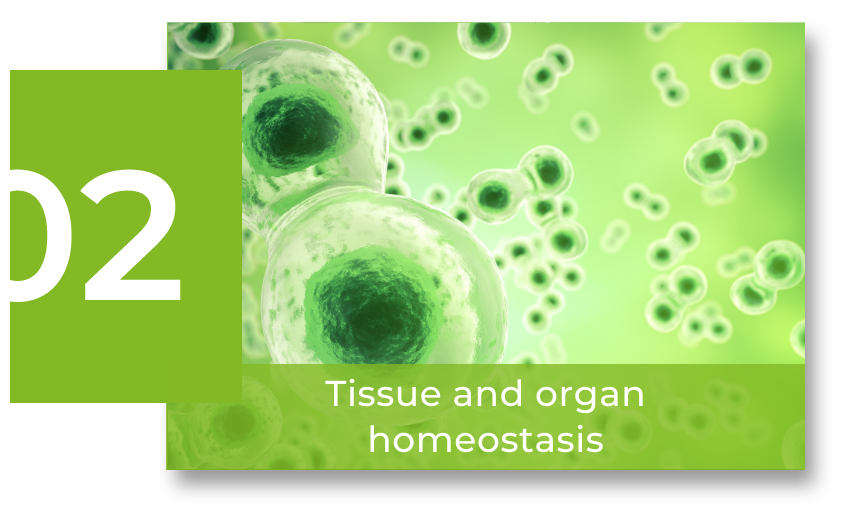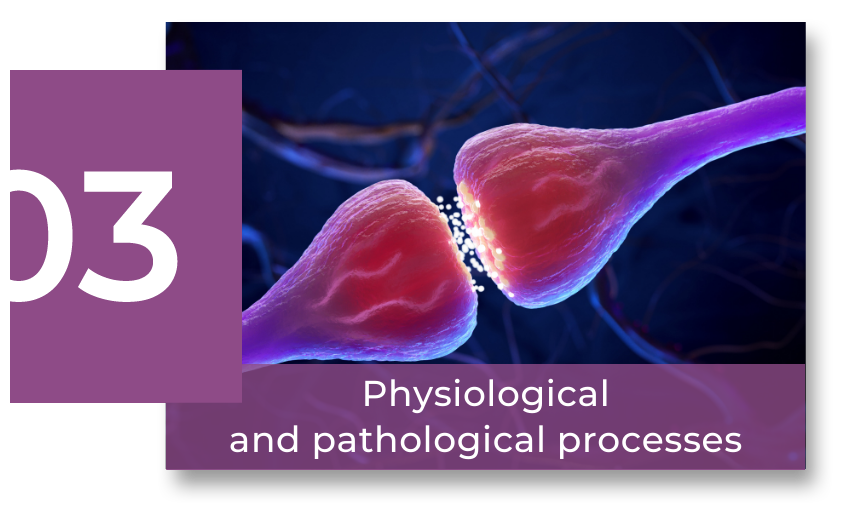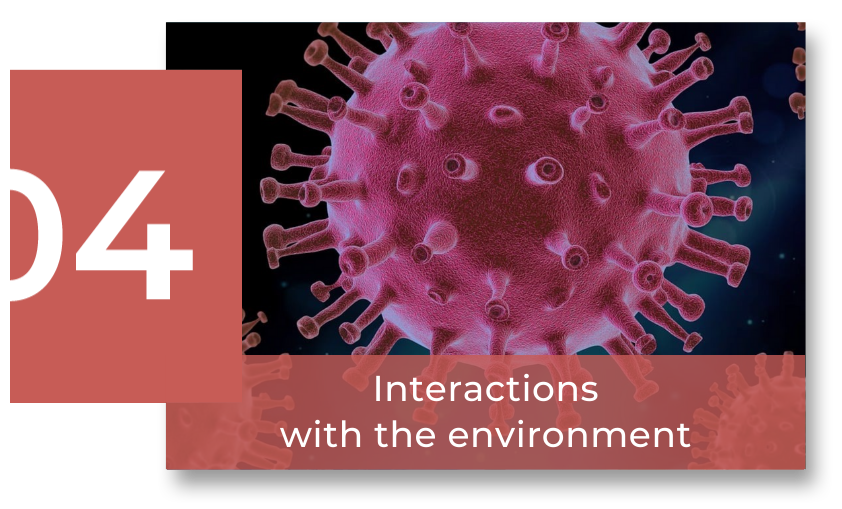Programa Científico
Procesos fisiológicos y patológicos
UNIDADES EN ESTE PROGRAMA
Neuropatología molecular Redes metabólicas y de señalización en la enfermedad
GRUPO DE INVESTIGACIÓN
Mecanismos moleculares de neurodegeneración

Francisco Wandosell
Nuestro grupo está interesado en enfermedades neurodegenerativas, como el Alzheimer, o tumores cerebrales, mayoritariamente asociados a la edad. En primer lugar, nos centramos en la neurodegeneración iniciada por la acumulación de amiloide en la enfermedad de Alzheimer utilizando un modelo de ratón transgénico, y en cómo diferentes reguladores de la autofagia pueden modificar la generación de -amiloide. En segundo lugar, nos estudiamos los glioblastomas y describimos una nueva vía oncogénica (Akt-WIP-YAP/TAZ) responsable de la proliferación celular de las células madre del glioblastoma.
Investigación
Our group is interested in a series of neurodegenerative diseases, such as Alzheimer’s, or brain tumours that are mostly associated with age. From the beginning our studies focused first on neuronal neurodegeneration initiated by amyloid accumulation in Alzheimer’s disease (AD); and second on glia-glioma transformation.
With respect to Alzheimer’s pathology, we have verified that the inhibition of the complex called mTORC1 has a therapeutic effect both in vivo and ex vivo (in primary cultures of neurons and glia) in a transgenic mouse model of AD. This inhibition produces an activation of autophagy that leads to a reduction in the amyloid load both in transgenic mice and in neurons and glia from these mice. At this time our work focuses on the analysis of how different autophagy regulators can modify the generation/secretion of amyloid in this transgenic model.
En segundo lugar, nos centramos en los glioblastomas, tumores relacionados con la edad, y hemos publicado que elementos regulados por Akt (como WIP y YAP/TAZ) son responsables de la división celular de las células madre cancerosas y mantenimiento de su fenotipo tumoral. En esta nueva vía oncogénica, hemos descrito que la inhibición de la expresión de WIP, YAP o TAZ detiene la proliferacion de gliomas humanos, tanto in vitro como in vivo, y hemos caracterizado mediante RNA-seq la expresión diferencial correspondiente a la eliminación de WIP, YAP o TAZ en gliomas y tratamos de identificar y estudiar los elementos regulados por ellos que controlen la proliferación y el fenotipo tumoral en glioma
Miembros del grupo

Francisco Wandosell Jurado
Lab.: 213 Ext.: 4561
fwandosell(at)cbm.csic.es

Sergio Rivas Muñoz
Lab.: 213 Ext.: 4591
sergio.rivas(at)cbm.csic.es

Jorge de los Santos Galán Cruz
Lab.: 213 Ext.: 4591
jdls.galan(at)cbm.csic.es
Publicaciones representativas
WIP Drives Tumor Progression through YAP/TAZ-Dependent Autonomous Cell Growth
Ricardo Gargini et al.
ImmunoPEGliposome-mediated reduction of blood and brain amyloid levels in a mouse model of Alzheimer’s disease is restricted to aged animals
Lara Ordóñez-Gutiérrez et al.
Mutant p53 oncogenic functions in cancer stem cells are regulated by WIP through YAP/TAZ
M Escoll et al.
Role of Akt Isoforms Controlling Cancer Stem Cell Survival, Phenotype and Self-Renewal
Sergio Rivas et al.




